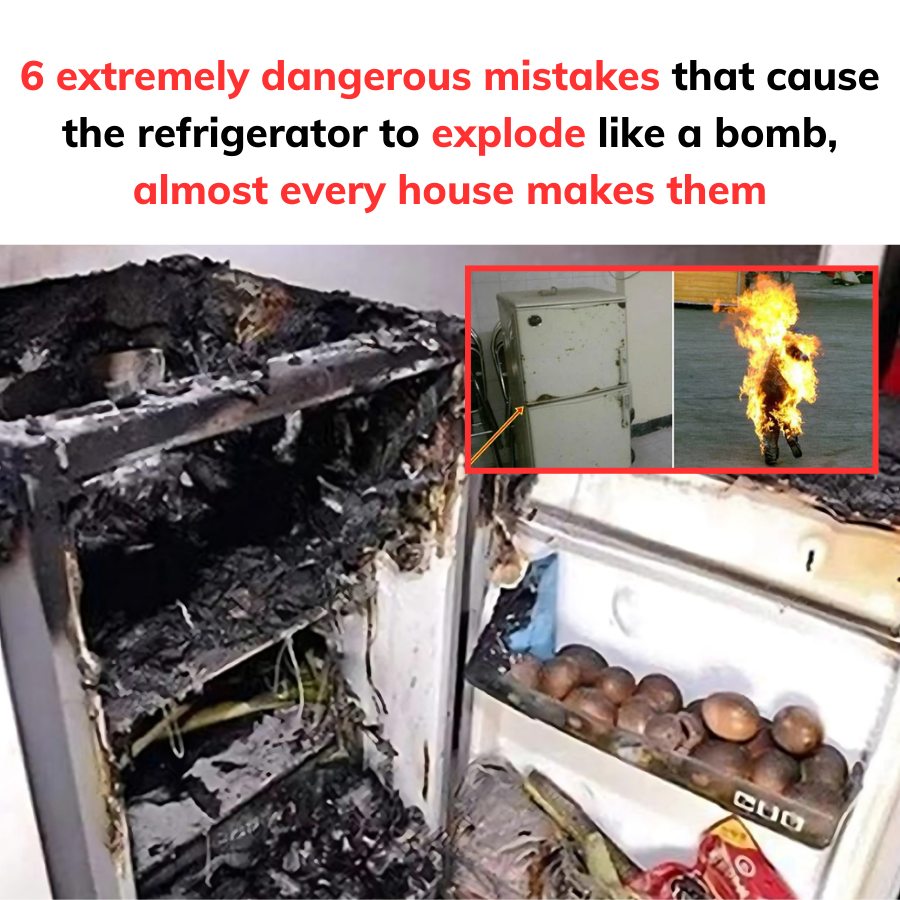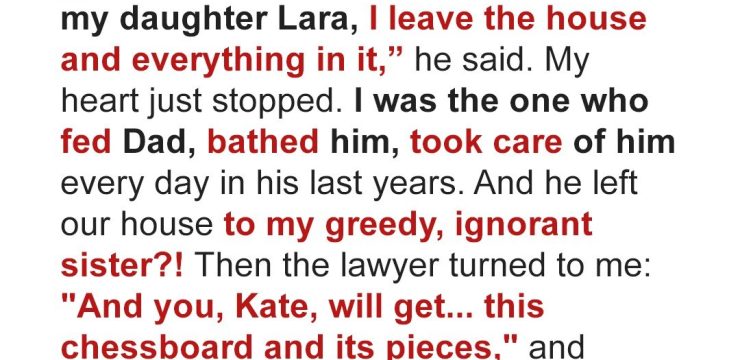A refrigerator is an essential appliance in every household, but it’s easy to overlook how dangerous it can become if used improperly. Avoiding a few common mistakes can save you from costly repairs—or even potential disasters. Let’s explore six dangerous mistakes that could put your home and family at risk.

1. Placing the refrigerator too close to heat-generating appliances
One of the most common reasons refrigerators explode is their placement near heat-generating appliances like gas stoves, microwaves, or ovens. The intense heat from these devices, or a short circuit in them, can increase the risk of your refrigerator catching fire or even exploding.
Additionally, placing electrical wires connected to the refrigerator too close to flammable materials such as curtains, blankets, or mattresses further amplifies the danger. If these wires short-circuit, the sparks could ignite nearby materials, engulfing the refrigerator and potentially your kitchen in flames. To minimize risk, ensure your refrigerator is installed at a safe distance from heat sources and away from flammable materials.
2. Using an old or poorly maintained refrigerator
Older refrigerators or those not regularly maintained can be a ticking time bomb. Over time, issues like worn-out compressors, clogged capillary tubes, or frequent gas replacements can cause high pressure and overheating, which significantly increases the risk of an explosion.
Signs your refrigerator might be nearing the end of its lifespan include the compressor running continuously, loud noises, excessive ice buildup, and poor cooling performance. It’s crucial to schedule regular maintenance with a technician to identify and address potential problems. If your refrigerator is too old or consistently malfunctioning, consider replacing it with a newer, safer model.
3. Storing carbonated drinks or alcohol in the freezer
Many people mistakenly store carbonated drinks or alcohol in the freezer, unaware of the dangers this poses. Cans of carbonated drinks are particularly sensitive to temperature changes. When exposed to extreme cold, the pressure inside the can can rise dramatically, turning it into a literal bomb that could explode violently.
Similarly, storing beer or alcohol in the freezer is risky as it can alter the pressure inside the bottle, leading to an explosion. Glass bottles of water are also hazardous to freeze; the expanding water as it freezes can crack or shatter the glass, posing a serious safety hazard. To avoid such risks, always store these items at appropriate temperatures outside the freezer.
4. Gas leaks and electrical leakage
Refrigerator gas tanks are typically built with sturdy steel, making spontaneous combustion rare. However, a gas leak caused by a faulty weld, a leaking pipe, or wear and tear can create a hazardous situation. When leaked gas comes into contact with an electrical spark from a short circuit, the risk of explosion skyrockets.
The problem is compounded by modern households’ high electricity demand, with power-hungry devices like washing machines, dishwashers, and air conditioners. If the electrical system isn’t equipped to handle the load, it can lead to short circuits, sparking a fire or explosion. Regularly inspect your refrigerator for potential gas leaks and ensure your home’s electrical system is up to code to reduce these risks.
5. Plugging multiple devices into the same outlet as the refrigerator
A refrigerator is a high-power appliance, and plugging multiple devices into the same outlet is a recipe for disaster. Overloading an outlet can cause an electrical short circuit, which may lead to sparks, fires, or even an explosion in the refrigerator.
To prevent such incidents, always dedicate a separate outlet for your refrigerator and avoid overloading your electrical system. Use surge protectors or consult an electrician to upgrade your wiring if necessary to handle your household’s power needs safely.
6. Using insect repellents or aerosols near the refrigerator
Using insect repellents, hairsprays, or similar chemicals near your refrigerator is another common but dangerous mistake. These substances are often flammable and, when combined with sparks from the refrigerator’s motor or electrical components, can cause a fire or explosion.
To ensure safety, avoid using such chemicals near your refrigerator or other electrical appliances. Instead, opt for non-flammable pest control methods or use sprays in well-ventilated areas away from electrical devices.
Taking care of your refrigerator goes beyond cleaning and regular defrosting—it’s also about ensuring its safe operation. By avoiding these six dangerous mistakes, you can significantly reduce the risk of fire, explosions, or other hazards. Regular maintenance, thoughtful placement, and mindful usage are all critical steps in protecting your home and family. Remember, a little precaution today can save you from a major disaster tomorrow.





